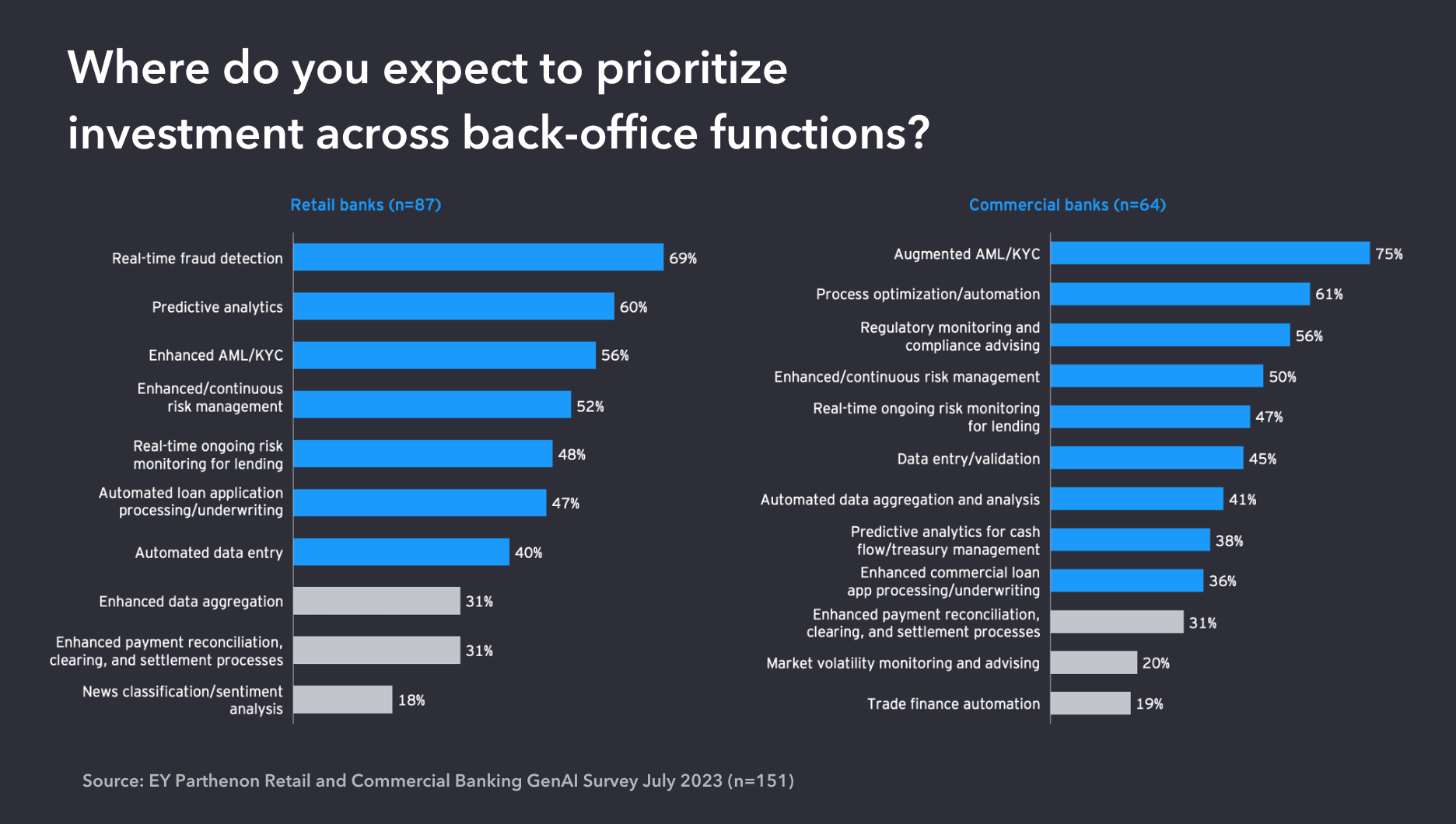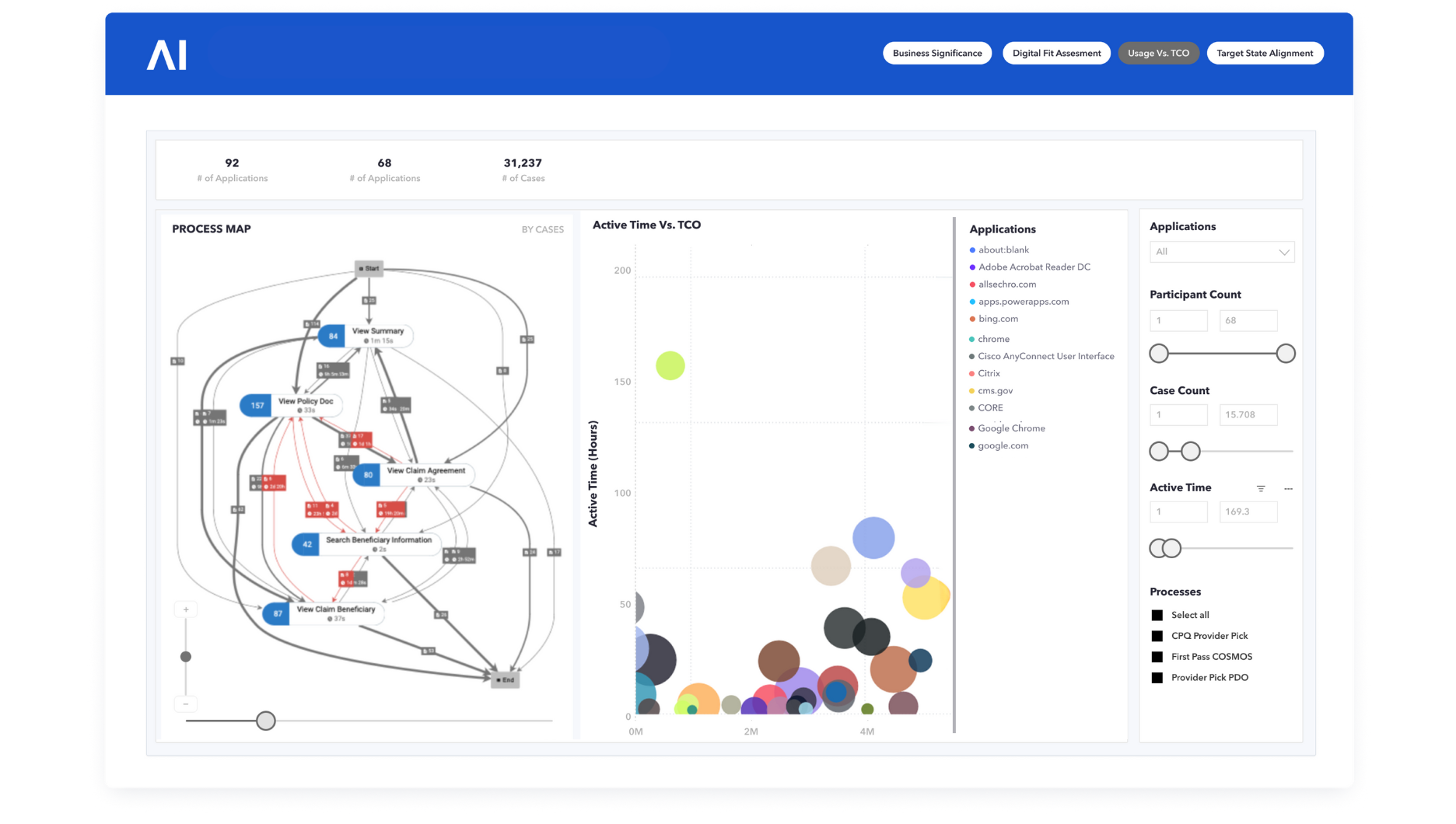In the wake of TD Bank's historic $3 billion settlement with the U.S. Department of Justice and U.S. Treasury's Financial Crimes Enforcement Network, financial institutions across the United States are reassessing their anti-money laundering (AML) compliance programs. The case is a stark reminder that traditional AML controls monitoring approaches are no longer sufficient. As financial crimes become more sophisticated, the need for advanced process intelligence and AI-driven solutions is more critical than ever before.
The Evolution of Controls Monitoring
Traditional compliance monitoring methods rely heavily on manual oversight and fragmented system logs, leading to significant blind spots in transaction monitoring. TD Bank's case highlights these limitations. Between January 2018 and April 2024, the bank failed to monitor 92% of its total transaction volume, amounting to an astounding $18.3 trillion in unmonitored transactions.
Process intelligence represents a paradigm shift in controls monitoring. Unlike conventional approaches that focus on individual application event logs, a modern process intelligence platform will provide comprehensive visibility across entire operational workflows, capturing every interaction across all applications and systems.
Skan AI is at the Forefront of the AI Revolution in Financial Services
The financial services industry is rapidly adopting AI-driven AML solutions to strengthen compliance programs. Compliance programs are seeing some of the largest growth, according to an EY survey. As shown in the graphic, compliance programs are a major focus of AI investment, with multiple entries reflecting the scale of this trend.

However, the effectiveness of these AI systems depends entirely on the quality and comprehensiveness of the data they analyze. This is where Skan AI’s process intelligence is vital.
It establishes baseline views of user interactions with applications, providing the foundation for meaningful AI as it aggregates the proprietary training data for AI models to learn from.

What sets Skan AI apart in this revolution is its unique approach to controls monitoring. While traditional monitoring tools rely on system logs and predefined checkpoints, Skan AI's process intelligence platform observes actual work being done on desktops in real-time.
This distinction is critical—system logs only tell you what happened within a single application. However, desktop observation reveals how employees navigate between multiple systems, handle exceptions, and make decisions. For AML compliance officers, this means finally having visibility into the complete operational picture, not just fragments of it.
Find out more about Skan AI's latest AML solutions in our official press release.
The Implications for AML Compliance
When an analyst investigates a suspicious transaction, they typically interact with multiple systems—customer databases, transaction monitoring tools, case management systems, and external verification services. Traditional monitoring solutions miss the connections between these systems, creating blind spots in compliance oversight.
Skan AI's approach captures these crucial interactions, providing the only truly comprehensive view of how AML processes are executed across the entire technology stack. This holistic visibility is essential for identifying process breakdowns, compliance gaps, and opportunities for improvement before they result in regulatory violations. Without AI, compliance programs will always be limited by humans.
A New Approach to AML Compliance
Skan AI is revolutionizing how financial institutions approach AML compliance. In our previous post, we discuss how creating a digital twin of operations can offer:
- Real-time Visibility: Comprehensive controls monitoring of operator activities, customer interactions, and back-office processes directly from desktop devices
- Process Conformance: Continuous monitoring and auditing to ensure adherence to compliance procedures
- Actionable Insights: Granular reporting and analytics that enable proactive risk mitigation
How does Skan put the AI in Skan AI?
AI performs multiple functions within Skan AI’s platform, which we discuss in more detail in this post. While we use several common AI technologies like optical character recognition (OCR) and natural language processing (NLP) to augment with context, our deep learning models do the heavy lifting. These proprietary deep-learning models uncover patterns that humans would struggle to detect. This is how Skan AI provides the foundation for a comprehensive controls monitoring program by going beyond what humans can do on their own.
Learning from TD Bank's Experience
TD Bank's case illustrates the consequences of inadequate AML oversight. The bank's "flat cost paradigm" led to systematic underinvestment in its AML program, resulting in:
- Failure to update transaction monitoring scenarios from 2014 through 2022
- Inadequate monitoring of high-risk countries and peer-to-peer transactions
- Insufficient staffing for alert review and investigation
Could process intelligence have helped TD Bank avoid its $3 billion penalty? The evidence suggests yes.
Modern AI-driven solutions can automate monitoring suspicious activities, manage alert queues more effectively, and ensure comprehensive transaction oversight—precisely the areas where TD Bank fell short.
The Competitive Advantage of Modern Compliance
Forward-thinking financial institutions recognize that robust quality and compliance isn't just about avoiding penalties—it's a competitive advantage. Process intelligence platforms provide the foundation for this advantage by:
- Ensuring Comprehensive Coverage: Monitoring all processes and activities across applications
- Enabling Proactive Risk Management: Identifying potential issues before they become regulatory violations
- Streamlining Compliance Operations: Automating routine monitoring tasks while enabling more focus on the investigation of high-risk activities
The Path Forward
As regulatory scrutiny intensifies and financial crimes become more elaborate, financial institutions must evolve their approach to AML compliance. Process intelligence platforms offer a powerful solution with the comprehensive visibility and analytical capabilities needed to maintain effective compliance programs.
The time for adoption is now. Banks that embrace these technologies will better protect themselves from regulatory penalties and position themselves as leaders in the fight against financial crime.
Skan AI is here to help financial institutions safeguard their data and protect their customers with the next wave of controls monitoring for compliance programs.
Contact us today for a demo or consultation to learn how we can support your security efforts.
